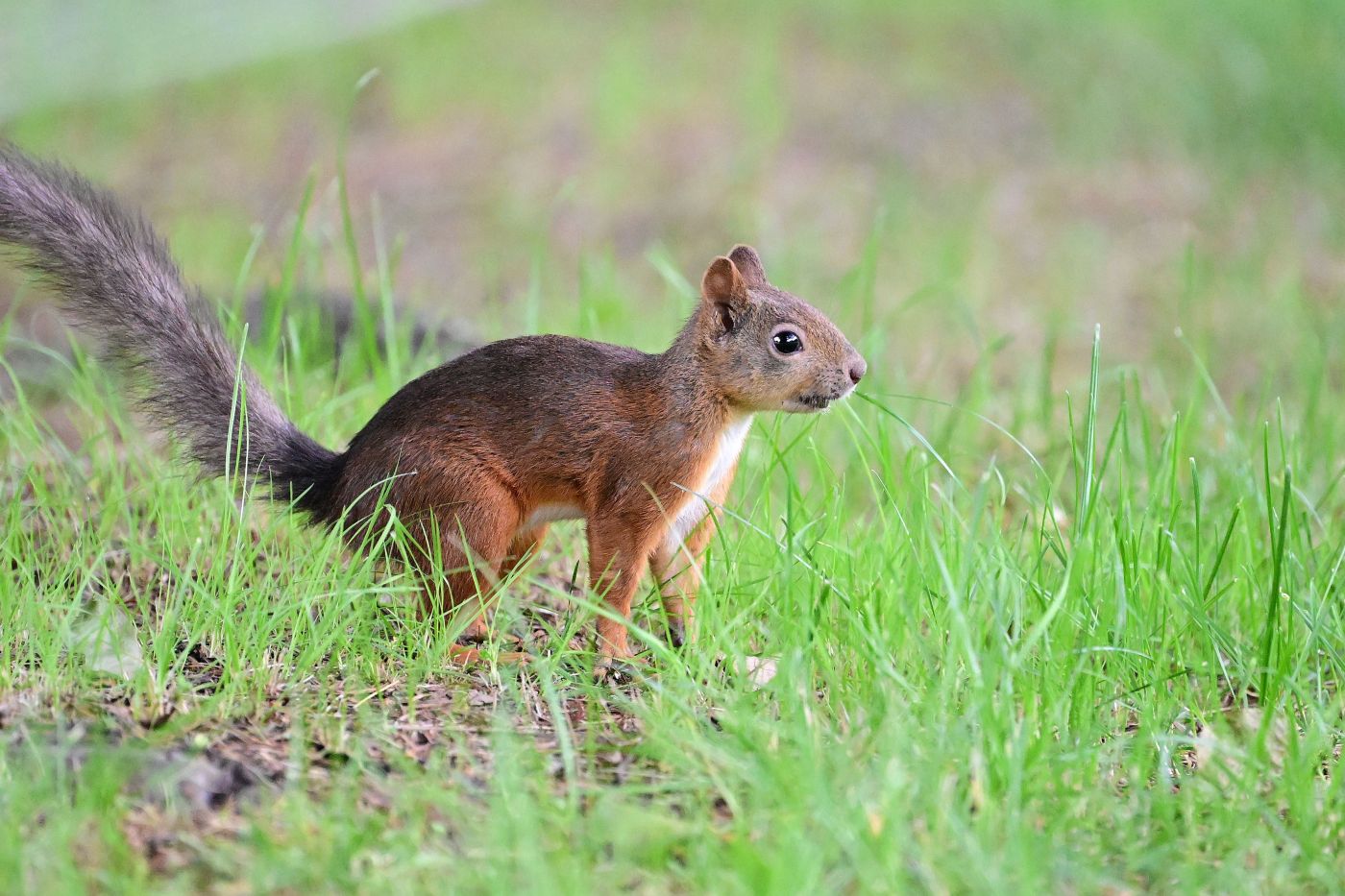
DEAR JOAN: I recently found an almost ¼-inch hole in a drip irrigation line. I couldn’t figure out how it happened and my wife said it could have been a squirrel, of which we have many.
Related Articles
California postal workers ask, ‘Who let the dogs out?’
Why reptiles, amphibians make great pets
Wild turkeys roam freely in Bay Area suburbs, but where exactly are they from?
Why are my cats having trouble adjusting to new catio?
Keeping your pets safe, happy during Fourth of July
After not believing her, I observed a squirrel appearing to be doing just that and found clear gnawing marks where it had been. Why does a squirrel want to eat through a plastic water line?
— S. and S., San Jose
DEAR S. and S.: I trust you’ve learned two things from this incident. One, squirrels love to chew on irrigation lines and tubing. And two, don’t doubt your wife.
Squirrels chow down on irrigation lines for a few reasons. Most commonly, they’re after the water. When they lack a reliable source of water, they’ll search for what they can find. Considering the heat we’ve been experiencing, it’s more than likely the squirrels were just after a drink.
Squirrels, as well as rats and other rodents, are compelled to chew and gnaw things because their teeth are continually growing. If they don’t routinely file them down, the teeth can grow through their jaws. They prefer to chew on hard or rough surfaces, but they also apparently like variety.
There are a couple of things you can do to protect your irrigation. You can bury the lines, wrap them in wire mesh or spray them with a concoction made of hot peppers, which squirrels apparently don’t like. There are a number of hot-pepper products on the market sold as rodent deterrents, although those who try this method report mixed results.
My preferred method when dealing with wildlife is trying to find a way to co-exist. You can give the squirrels an alternative to your irrigation lines by setting out a dish of water and giving them something else to chew on. Salt blocks, animal horns or bones, even a small pile of wood kindling will be happily accepted.
DEAR JOAN: Elvis the Rattie is moving to Rossmoor where coyotes have a vicious rep. Everyone says never leave your dog unattended on your patio or the coyotes will get him for sure.
Elvis is 90 in human years and is used to going out by himself at least twice in the middle of the night with his motorized door. What can I do? Are coyote vests effective? I can’t put up fences.
Please help. I’m so frustrated.
— Bruce Silverman, Walnut Creek
DEAR BRUCE: The best thing you can do is to remove that automatic doggie door to make sure Elvis does not leave the building without you. Humans are the best protection smaller pets have against coyotes. Whenever Elvis goes out, you need to go out, too.
Coyote vests work well to protect your pet from fatal bites to the neck and abdomen, but a coyote can still latch onto a leg and carry him away, which is why human presence is still needed.
Motion-activated lights can also improve the safety of your patio. A less intrusive option is a device that mimics the glow of a predator’s eyes, which can make a coyote think twice about visiting your patio.
The Animal Life column runs on Mondays. Contact Joan Morris at [email protected].